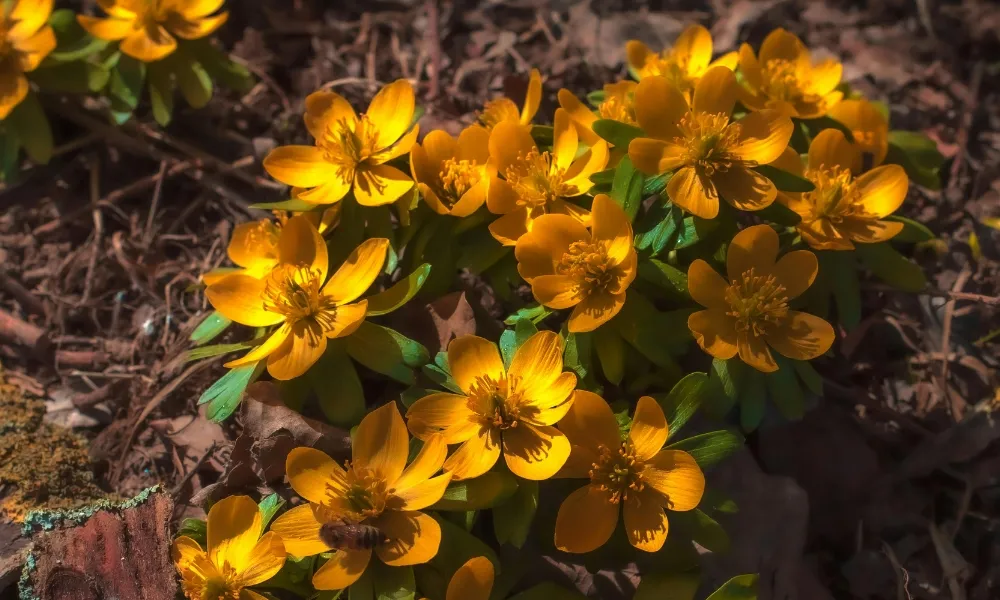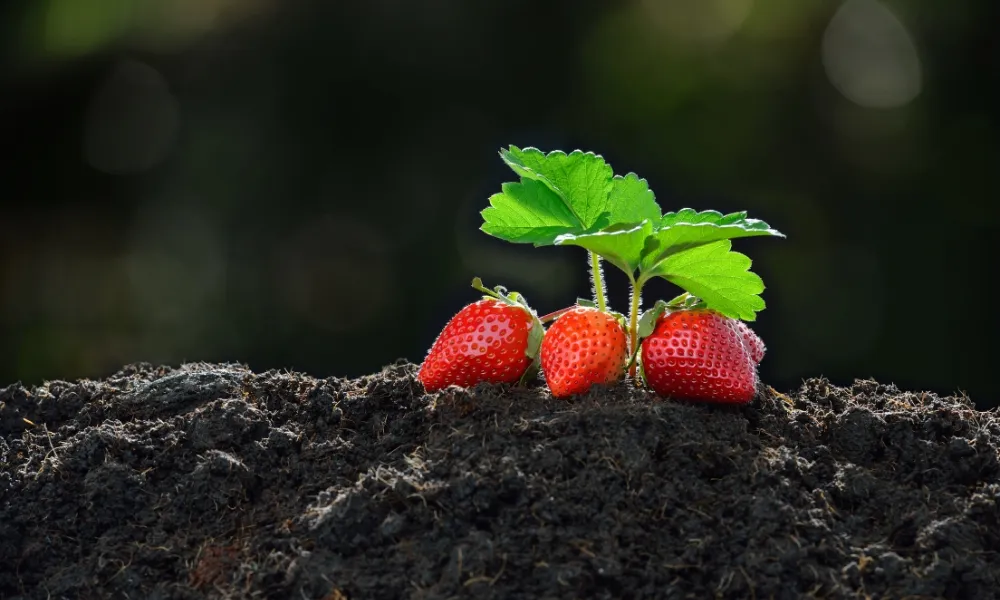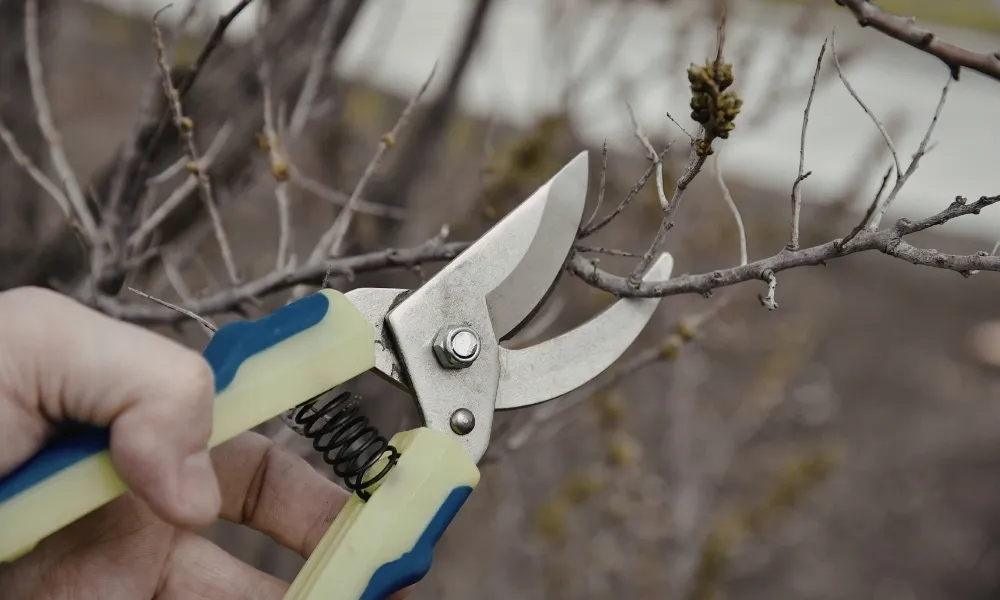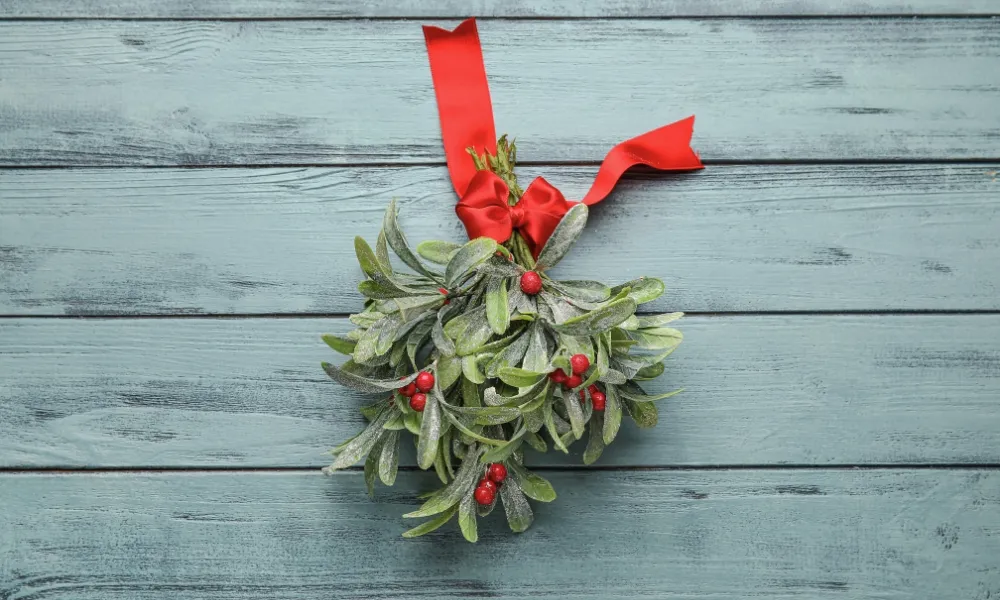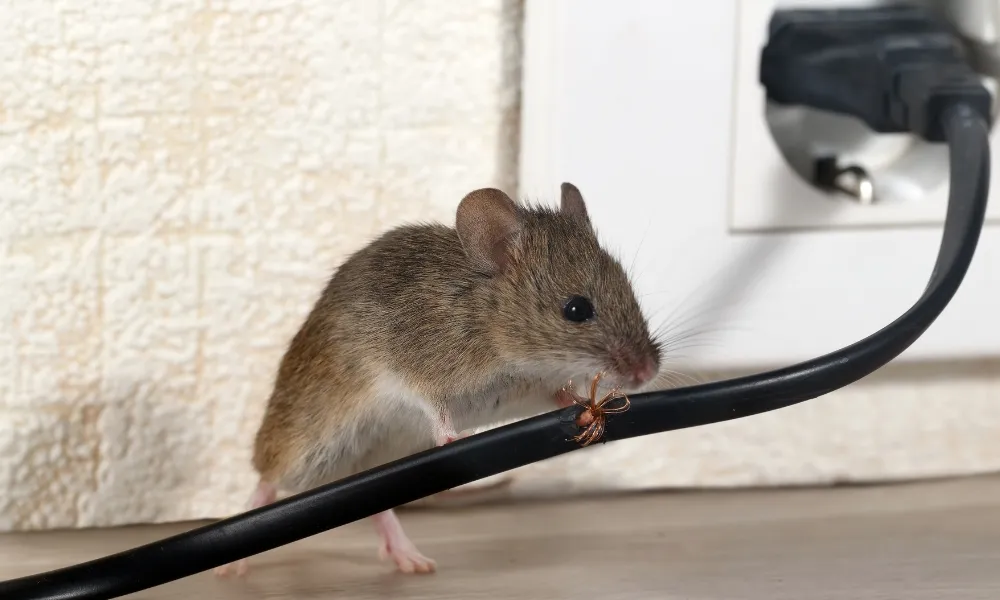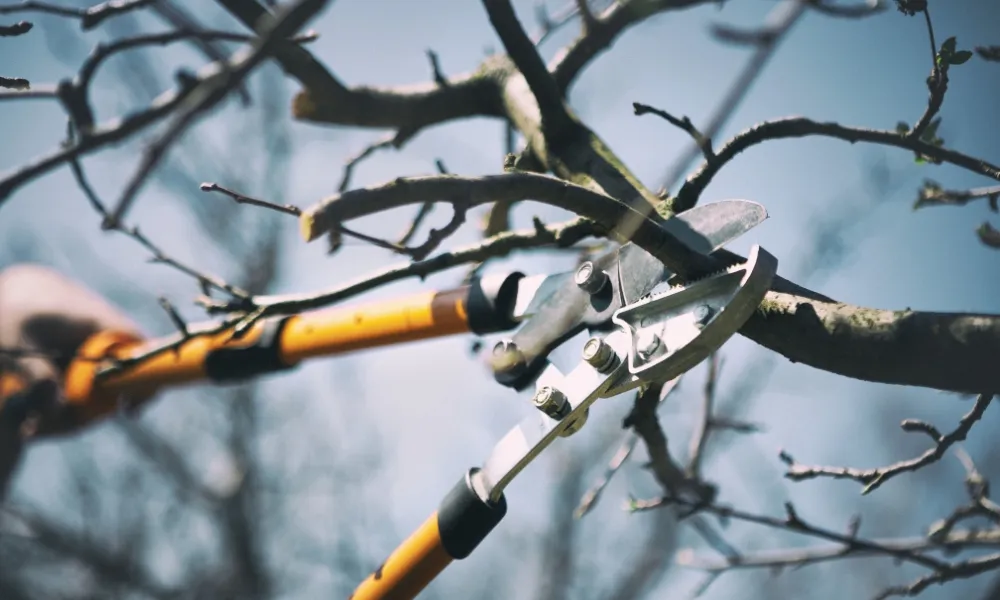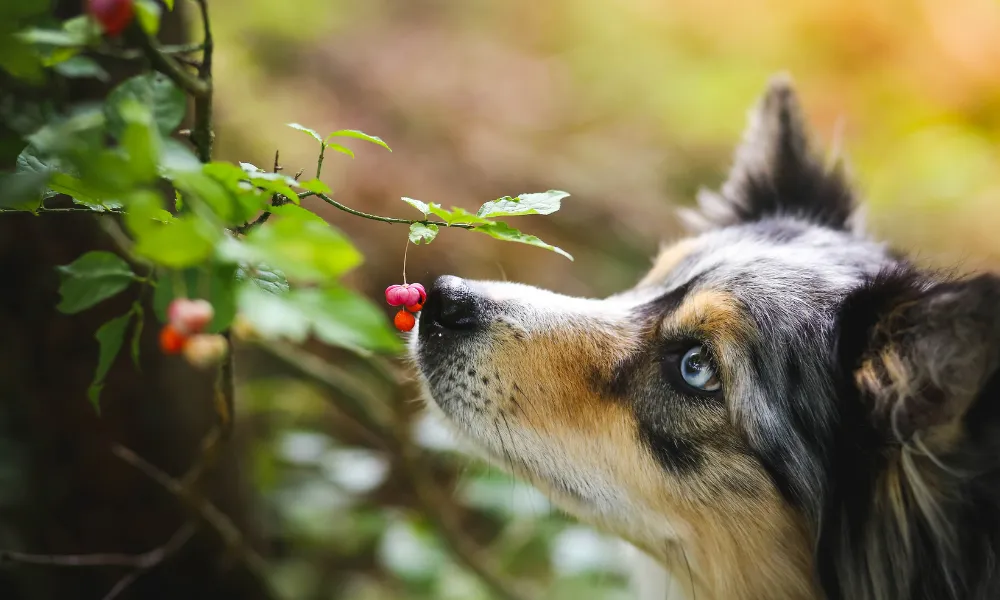
A lot of us have pets, not just cat's and dogs, but hamsters, gerbils, rabbits and even snakes in some braver cases.
They provide us with all the love and enjoyment that we could wish for and in return we offer them food, warmth and safety.
One thing often overlooked, however, is our choice of plants. Quite a number of plants can be highly toxic to animals and should they nibble on them they would be in trouble. Here is a loose guide on some of the more dangerous ones, how to avoid an unhappy mishap and the symptoms to watch out for should they be ingested.
I'm sure a lot of people reading this will have very clever pets that wouldn't dream of chewing on the foliage, which is great, but if you have younger animals especially kittens or curious teething pups things can be a little more hazardous.
The first thing is to know the symptoms of poisoning. In both cats and dogs it's very similar;
- Lethargy
- Drooling (more than normal if you have a 'drooly' dog)
- Diarrhoea
- Stomach discomfort (this can just look like they can't get comfortable)
- Vomiting
- Tremors.
Should you see any of these symptoms, bring your pet to a vet immediately.
There are quite a few plants that are toxic to animals. Some of the more common ones that are usually the culprit are surprising. Aloe Vera which is so healing for us is in fact quite dangerous for animals if eaten. Dogs who love to dig can often get hold of Daffodil, Crocus or Amaryllis bulbs which are highly toxic when chewed. Here's a brief list of some of them;
- Poinsettia,
- Mistletoe,
- Foxglove,
- Yew,
- Azalea,
- Hydrangea,
- Lillie's,
- Tulips,
- Ivy.
- Parsley.
That is just some of them!
It is worth bearing in mind that even though these plants are poisonous generally your pets will not eat them. As I said it is more of a danger in younger more curious animals. Nearly all plants that are poisonous will taste extremely unpleasant and so when trying them out they will quickly spit them out. It is the plants' defence mechanism after all.
Sophie x
There are a vast array of pet friendly plants to have should you be worried though. Some indoor ones are;
- Spider Plant,
- Money Tree,
- Christmas Cactus,
- Orchids,
- Date Palm,
- Gloxinia,
- Calathea (Prayer Plant)
- Areca Palm.
Some examples of the safe outdoor ones are;
- Roses,
- Dill,
- Pansies,
- Fuchsias,
- Petunias,
- Magnolia's,
- Thyme,
- Rosemary,
- Heuchera.
The safe list for outside is much longer so you really do have plenty of options. A fabulous one for our feline friends is Nepeta. Better known as 'cat mint' Nepeta has a number of different varieties. The best known one here is Nepeta 'six hills giant' which grows into a large ground covering bush which cats go wild for. You can get better behaved varieties that will keep their shape a little better such as Nepeta 'kit-cat' be aware though you will more than likely attract cats other than your own to the garden once they realise that it's there!!
There can be many dangers for our furry friends but remember that they will likely avoid them themselves for the most part.
Just be vigilant, should you notice they are not feeling well don't hesitate to get them help as time is most important when dealing with any poisoning.



